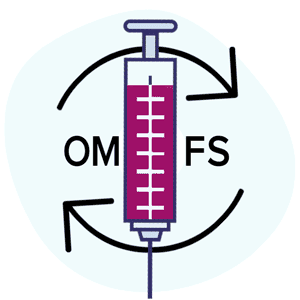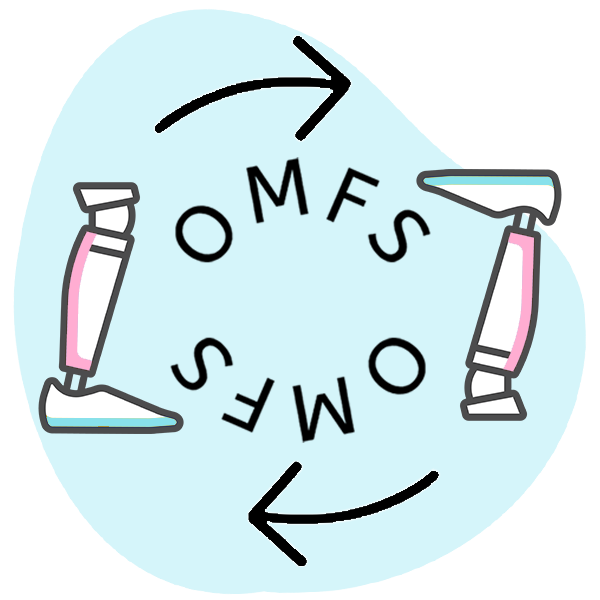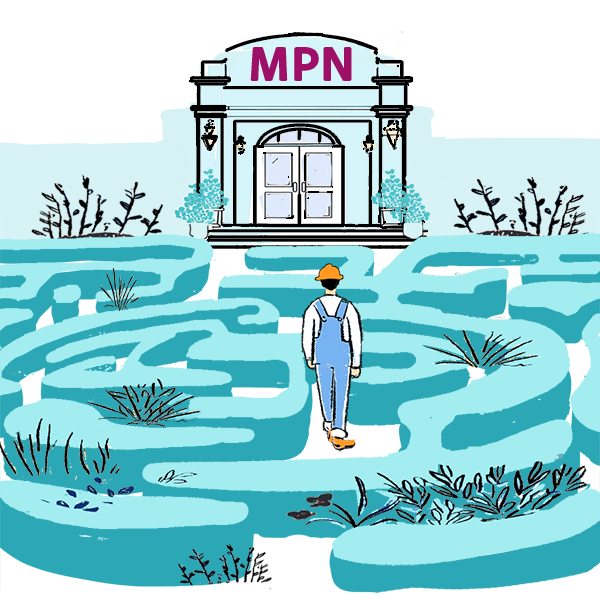Obituary: Palomar Urgent Care (for Injured Workers)

California workers’ comp has lost yet another sizable medical practice, in another unmistakable sign of the ongoing breakdown of the system.
Palomar Health Medical Group’s Urgent Care location announced its departure from workers’ comp this month, joining the increasingly crowded graveyard of practices that no longer treat California’s injured workers. Palomar has yet to comment on the reasons for its decision publicly.
In California, doctors have two choices:
- Treat privately insured or Medicare patients and get paid, or
- Roll the dice on injured workers, which requires substantial administrative costs, and be prepared to take a loss.
Increasingly, providers tell daisyBill that they can no longer afford the administrative costs or risks inherent to treating injured workers.
Sadly, these injured workers are the ultimate victims of California’s workers’ comp bedlam. Details on Palomar Urgent Care’s retreat and the factors driving providers from this ailing system follow below.
Palomar Urgent Care Calls It Quits on Workers’ Comp
Palomar Health Medical Group notified providers of the decision in the email below, advising that the company’s Urgent Care “will no longer provide care for work-related injuries” and instructing providers to direct injured workers to its Corporate Health Services location or after-hours to the Emergency Room.
Wake Up, CA: More Practices Will Refuse Injured Workers
Why are practices closing their doors to injured workers? In brief, the answer is self-preservation. It is not financially feasible to treat injured workers due to the following factors:
- Medical Provider Networks (MPNs): This ungoverned, unnavigable system leaves providers unpaid for authorized services, often based on inapplicable or non-existent MPNs.
- Inequitable Fee Schedules: Despite the extraordinary administrative expenses required to treat injured workers, fee schedule rates are often inadequate. For example, the Official Medical Fee Schedule (OMFS) pays physicians less than interpreters for evaluations.
- Preferred Provider Organizations (PPOs): PPOs reduce fee schedule reimbursements to below Medicare rates, exclude providers who refuse to sign PPO contracts from MPNs, and share contractual discounts with laundry lists of claims administrators, bill review companies, and more.
- Utilization Review (UR): To obtain authorization, providers expend considerable administrative resources to navigate the often Sisyphean UR process, by which claims administrators can deny treatment for demonstrably nonsensical reasons.
- Failed Billing and Payment Regulations: The lack of regulatory penalties allows claims administrators to improperly adjust or deny physicians’ bills with impunity. Even when physicians accept the administrative costs to dispute incorrect payments and denials, claims administrators can simply ignore these efforts.
The California Division of Workers’ Compensation (DWC) enables claims administrators to churn chaos throughout California. In a practically diabolical manner, the DWC fails to enforce the few laws and regulations designed to protect physicians and injured workers from abuse, non-compliance, and incompetence by claims administrators. The DWC:
- Instructs newly injured workers to use their private health insurance or find a physician to treat them for free
- Allows claims administrators to delay treatment by refusing to authorize treatment for up to 90 days while the claims administrator “investigates” a new claim (despite the legal requirement to immediately authorize up to $10,000 in treatment regardless of liability)
- Fails to address costly non-compliance with billing and payment requirements, even in the face of overwhelming hard evidence of consistent violations
- Establishes billing regulations rigged to reward claims administrators for incorrectly reimbursing providers’ bills
- Refuses to conduct Independent Bill Review (IBR) for straightforward billing disputes
- Forces providers to pay $180 for IBR, subsequently fails to conduct IBR for eligible disputes timely, and fails to enforce repayment of the $180 to providers who succeed at IBR
- Ignores legal mandates to implement systems to provide UR oversight
- Fails to manage MPN information so that doctors can reliably determine eligibility to treat injured workers
Palomar Health Medical Group Urgent Care has made its choice in its best financial interests. How many more practices will follow? At what point will California and the DWC address this crisis? When injured workers are forced to seek care from veterinarians?
All of the problems above have clear and feasible solutions. Whether California legislators and regulators choose to embrace and execute those solutions remains to be seen.
daisyBill makes workers’ comp billing easier, faster, and less costly. Request a complimentary demonstration below.
REQUEST DEMO
DaisyBill provides content as an insightful service to its readers and clients. It does not offer legal advice and cannot guarantee the accuracy or suitability of its content for a particular purpose.



.gif)

.png)

.gif)
We ditched all the MPN's that we were associated with. We are seeing the rewards every day. We no longer suffer the PPO discounts, that as you point out, are shared by these poisonous companies. I would have never taken the risk to end those contracts if it weren't for my research backed by Daisybill. Because we are in a rural area and ancillary providers (Physical Therapy), we didn't need to be in any MPN's to treat injured workers. The last TPA we ditched is Medrisk. I am so happy to end that contract because they are very costly to do business with. They have demands they want filled right now but when you ask where the payment is they are not too quick to respond and make you do so much more paperwork than you could imagine relating to any contact with them. Their patients often no show which is a major revenue drain hole. I found that the only important issue is when accepting an injured worker that we get authorization that specifically states treatment is authorized for out of network provider. They still pull delay tactics for various ridiculous reasons like "missing provider state license number" or "no prior authorization" which Preferred Employers tried to say. That one I had to do a DWC SBR-1 form on. And had to threaten the adjuster a little bit but they did finally pay. It just took longer on that one. We are in charge now and we decide if we will treat the injured worker. But the shoe is on the other foot now. The payments are well worth it! Thanks Daisybill for all you do to keep us informed!!!